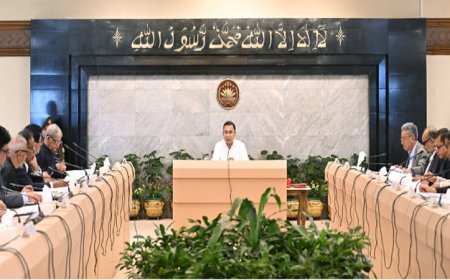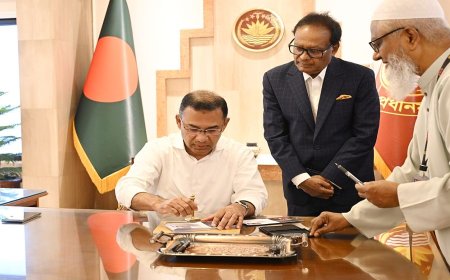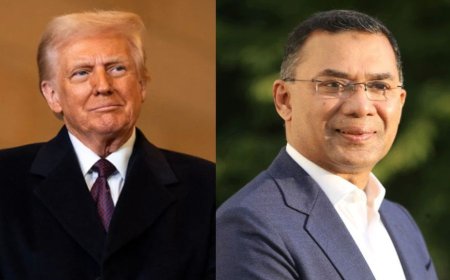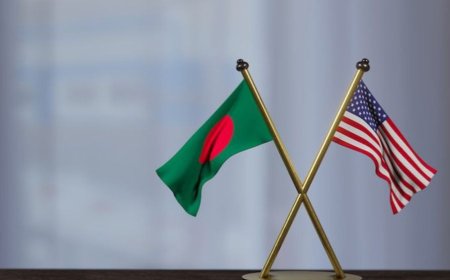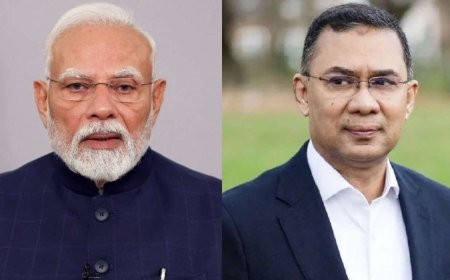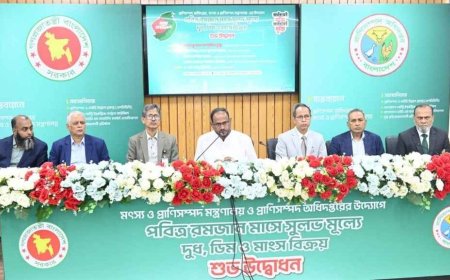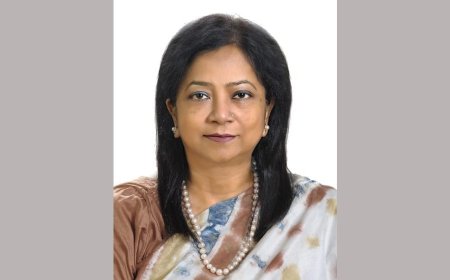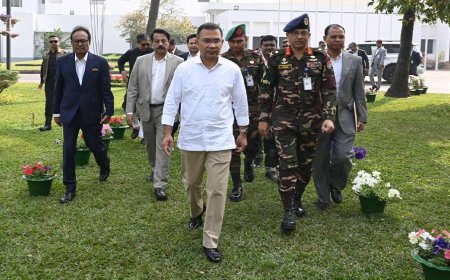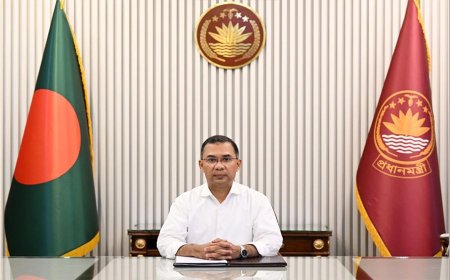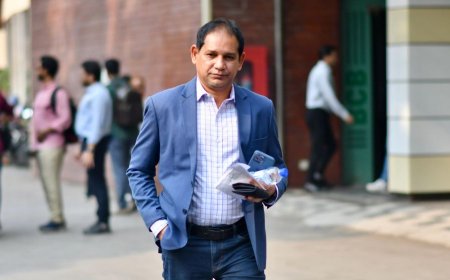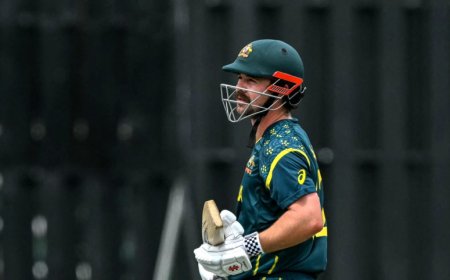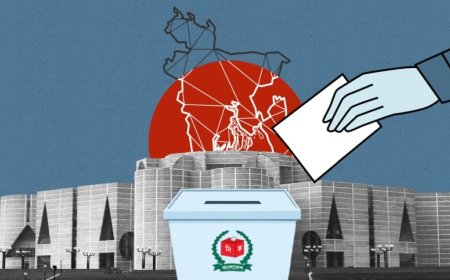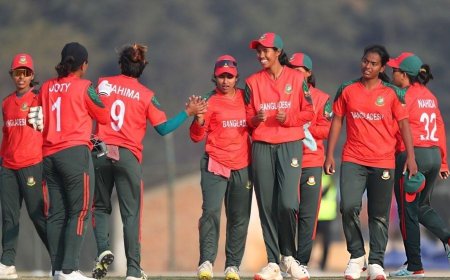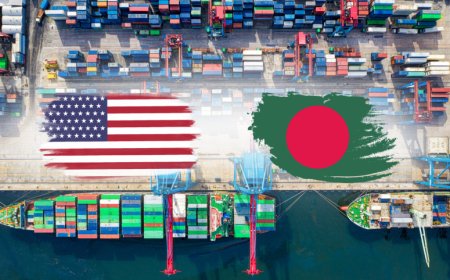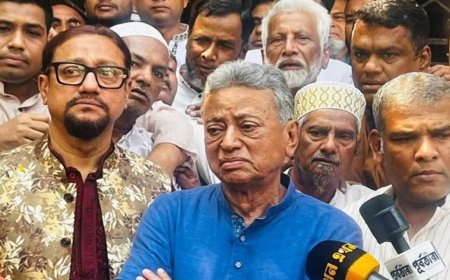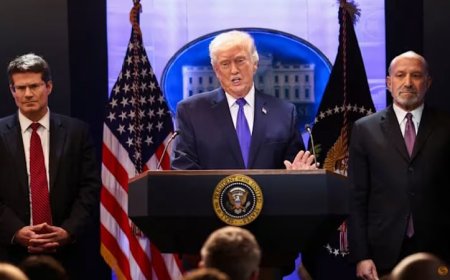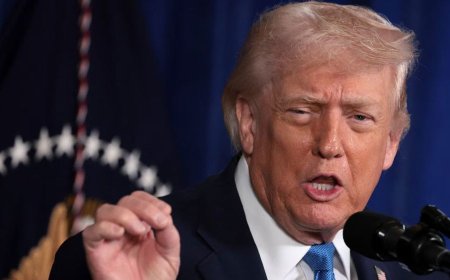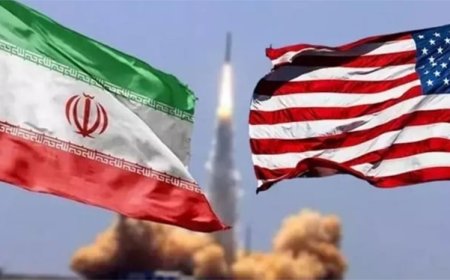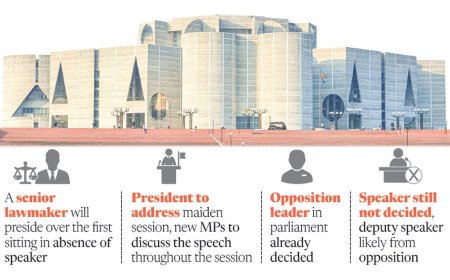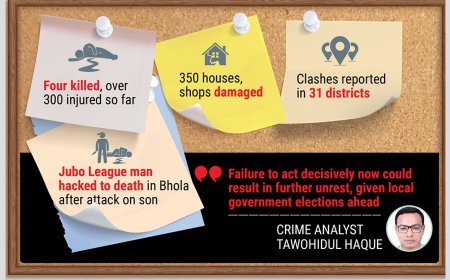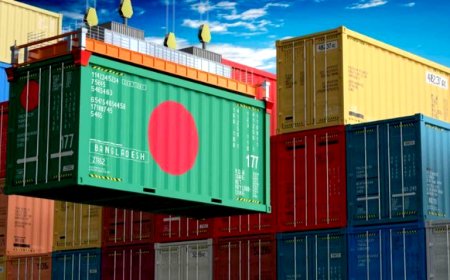Adviser: No more Independent Power Producers (IPPs) in the power sector, with the government guaranteeing electricity purchases
Adviser: No more Independent Power Producers (IPPs) in the power sector, with the government guaranteeing electricity purchases
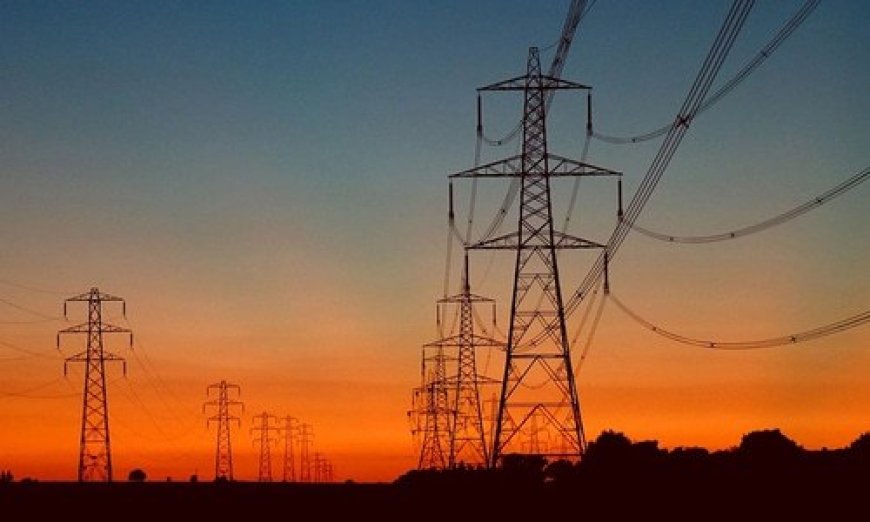
The government will no longer permit the establishment of Independent Power Producer (IPP) plants in the private sector. Instead, private companies will be required to build power plants under the Merchant Power Plant Policy (MPPP), from which the government will purchase only 10-20% of the generated electricity.
Power and Energy Adviser Dr. Fouzul Kabir Khan shared this information during a seminar titled "Rapid Transition to Renewables: Role of Domestic Financial Institutions," organized by the Economic Reporters Forum (ERF) on Saturday.
At present, the government guarantees the purchase of all electricity generated by IPP plants established under the private power generation policy. However, under the new policy, private producers must sell their electricity to their own buyers through the government’s grid system, subject to a wheeling charge.
Dr. Khan also discussed how, during the previous Awami League administration, banks financed numerous projects based on political connections rather than investor assets. He noted that now, when these loans default, banks are finding that the balance sheets of companies like S Alam and Beximco show no real assets.
The adviser highlighted the interim government’s focus on promoting renewable energy (RE) as the only viable solution for the country’s power needs, especially given its importance to the export-oriented garment industry.
The seminar, chaired by ERF President Mohammad Refayet Ullah Mirdha, also featured speeches from Dr. Khondaker Golam Moazzem, Research Director at the Centre for Policy Dialogue, Ashanur Rahman, Business Country Manager at City Bank, and Hasan Mehedi, CEO of CLEAN. Gouranga Nandy, Chairperson of the Centre for Environment and Participatory Research (CEPR), presented on the seminar’s topic, with ERF General Secretary Abul Kashem serving as the event’s moderator.
Dr. Khan refuted claims that land scarcity is the primary obstacle to solar power projects. He pointed out that many government-owned lands remain unused and could be repurposed for solar energy development.
The adviser also opposed tax exemptions on solar power components, such as inverters, panels, and structures, arguing that these should be locally produced, as is done in India.
Regarding the cancelled 37 solar power projects selected under the Special Provision Act of 2010, Dr. Khan emphasized that there is no room for reconsideration, as the High Court had already annulled the law.
Dr. Khan urged businesspeople to invest in the power and energy sectors based on competition, emphasizing that the days of securing business through favoritism and personal connections were over.
Dr. Khondaker Golam Moazzem highlighted that local banks often hesitate to finance renewable energy projects due to their long-term nature, which contrasts with the short-term deposit-based operations of banks. He suggested that the central bank should step in to help cover the associated risks.
Gouranga Nandy added that, although banks are involved in green financing for renewable energy projects, investment in solar energy has not been growing, largely due to the absence of clear guidelines for banks on how to invest in this sector.
What's Your Reaction?









